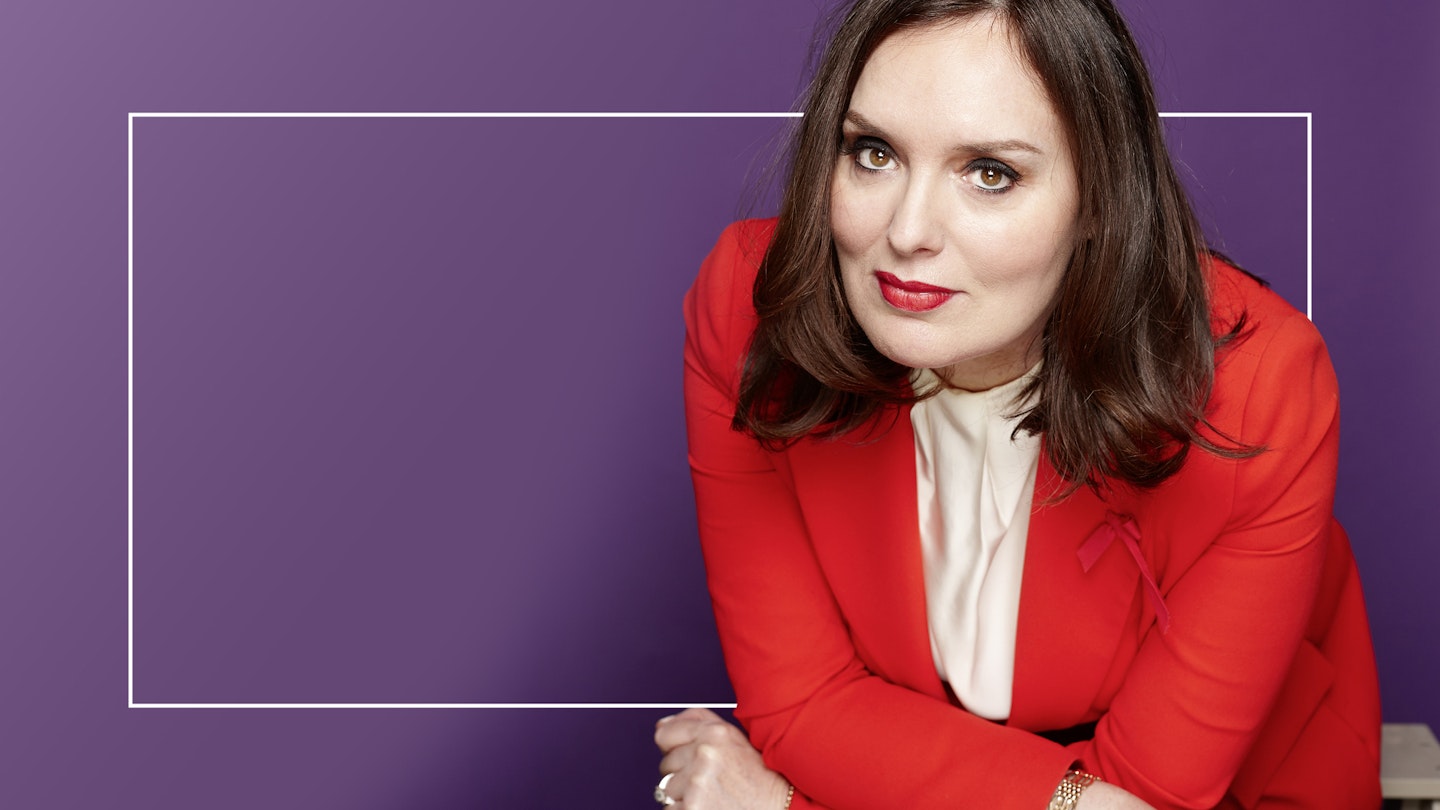‘Peoples mental health in lockdown has gone through phases,’ says Deborah Frances-White, comedian and host of The Guilty Feminist podcast. ‘At first everyone was in shock and slight denial, then it went into depression and sadness. Then it turned into coping mechanisms where people were like “This is fine. I’m doing really well. I'm really coping.”
‘Now we’re in what I call Lockholm Syndrome, like Stockholm Syndrome for lockdown,’ Deborah continues. ‘Where people have started going, “I don't know if I want to go out there again. My life was too fast. I like it here in my cocoon." I totally felt that last week.’
Deborah is perfectly placed to assess the moods of the nation during lockdown, because throughout this painfully challenging time she has been focusing her energy on keeping the nation entertained with her new Instagram series The New Normal. Posting every weekday at 6pm, Deborah interviews various women about feminism and mental health in lockdown, most recently, Grazia’s editor-in-chief Hattie Brett.
It’s proven a vital and popular source of comfort during lockdown as women come together to share their challenges and triumphs over the last two months.
According to research Grazia collated in partnership with Instagram for Mental Health Awareness Week, nearly three quarters of women aged 25-54 feel they need help for anxiety, depression or loneliness caused by lockdown and the coronavirus crisis. Nearly half said lockdown has had a negative impact on their mental health with 49% stating that loneliness has been particularly challenging.
We're not acknowledging how much control we've lost and how much we need to grasp control
‘We have lost control over everything,’ says Deborah. ‘We've lost control over when we see our mums and our best friends, whether we can help anyone, how many times we leave the house or effectively do our jobs. That’s what we're not acknowledging, how much control we've lost and how much we need to grasp control.’
In order to do this, Deborah has found solace in controlling the smaller things in life. For example, she’s started doing daily dance lessons every morning as her reason to ‘get out of the pyjamas’ and has found sticking to at least one routine a day has really helped.
‘The tiny things we can control have become so important,’ she says. ‘Even if it’s just what we have for lunch every day or what time we eat or finish work. I have the same thing for lunch every day, I've never done that before in my life.’
People have also found solace in social media, as evidenced by the interest in Deborah’s IGTV series. According to Grazia and Instagram’s research, 37% of women say social media was their greatest source of inspiration during this time.
‘It’s not good to be on it all the time, we do need to ration it but it’s a real connector and we can decide what we do or don’t want to see to make it an incredibly positive place,’ Deborah says. ’If you fill it with people who are body positive or have an important and powerful message to share, you make it what it is.’
Read more stories about life during lockdown...
Coronavirus: Relationships
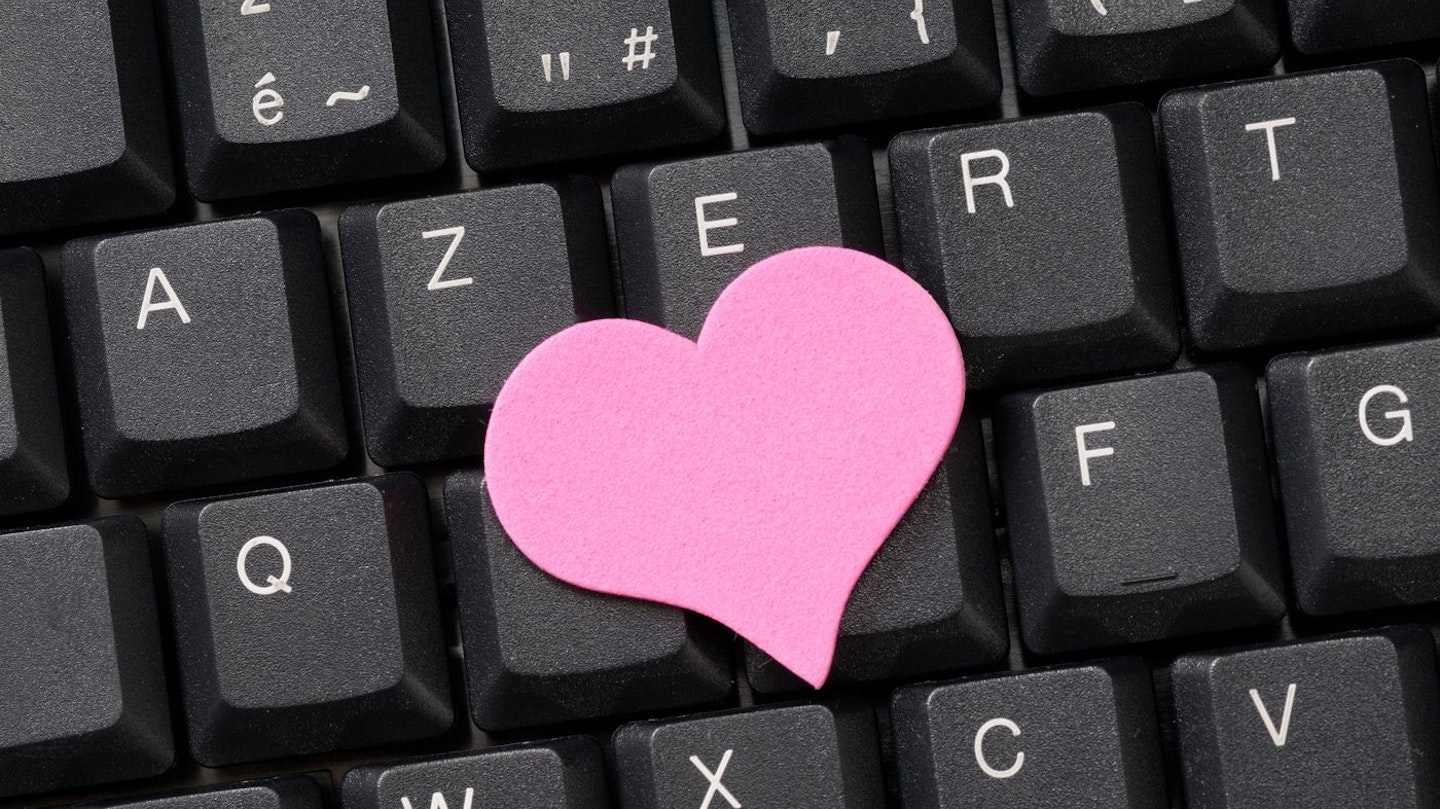 1 of 9
1 of 9How To Maintain Your Dating Life In A Lockdown If You're Single
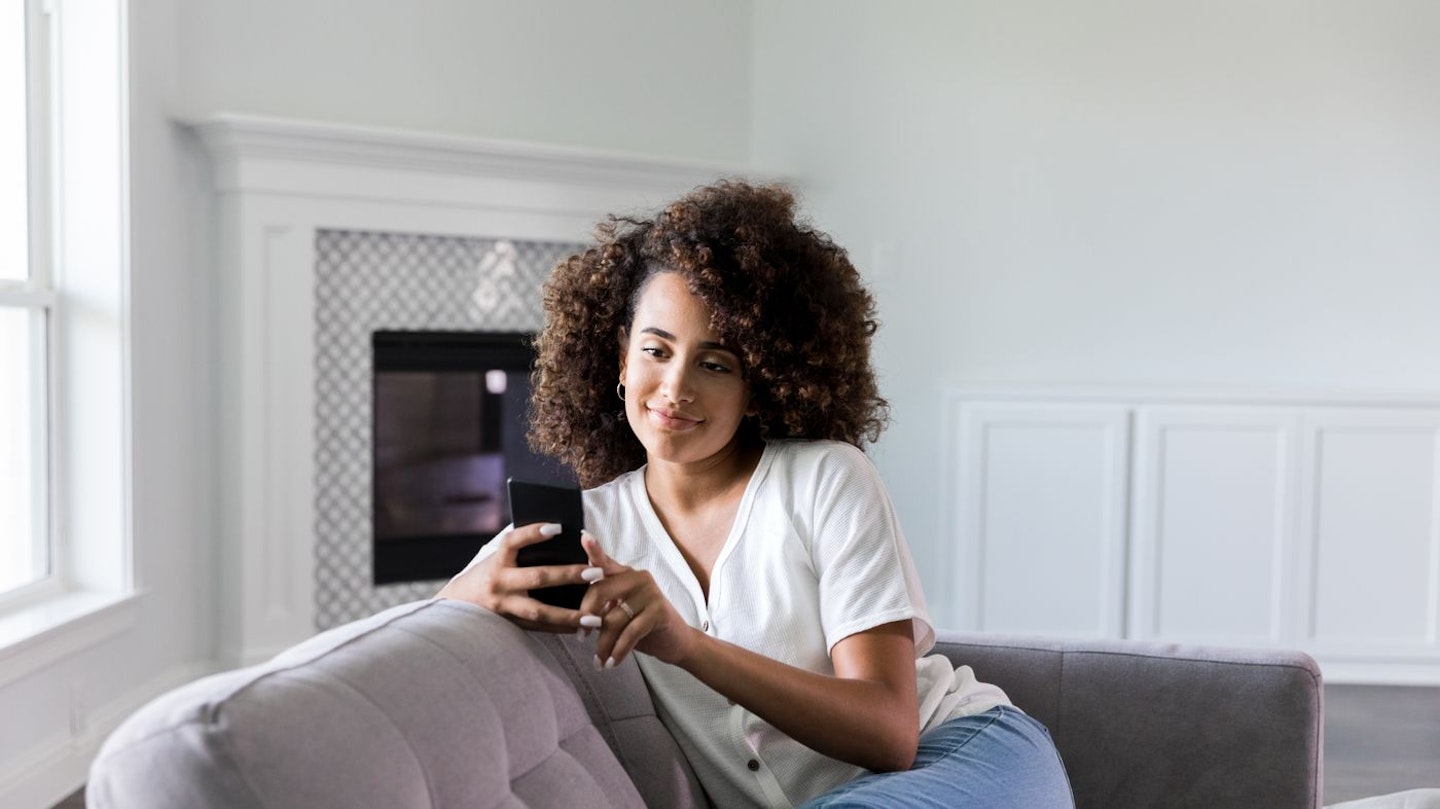 2 of 9
2 of 9The Six Best Ways To Overcome Your Fear Of Video Dating
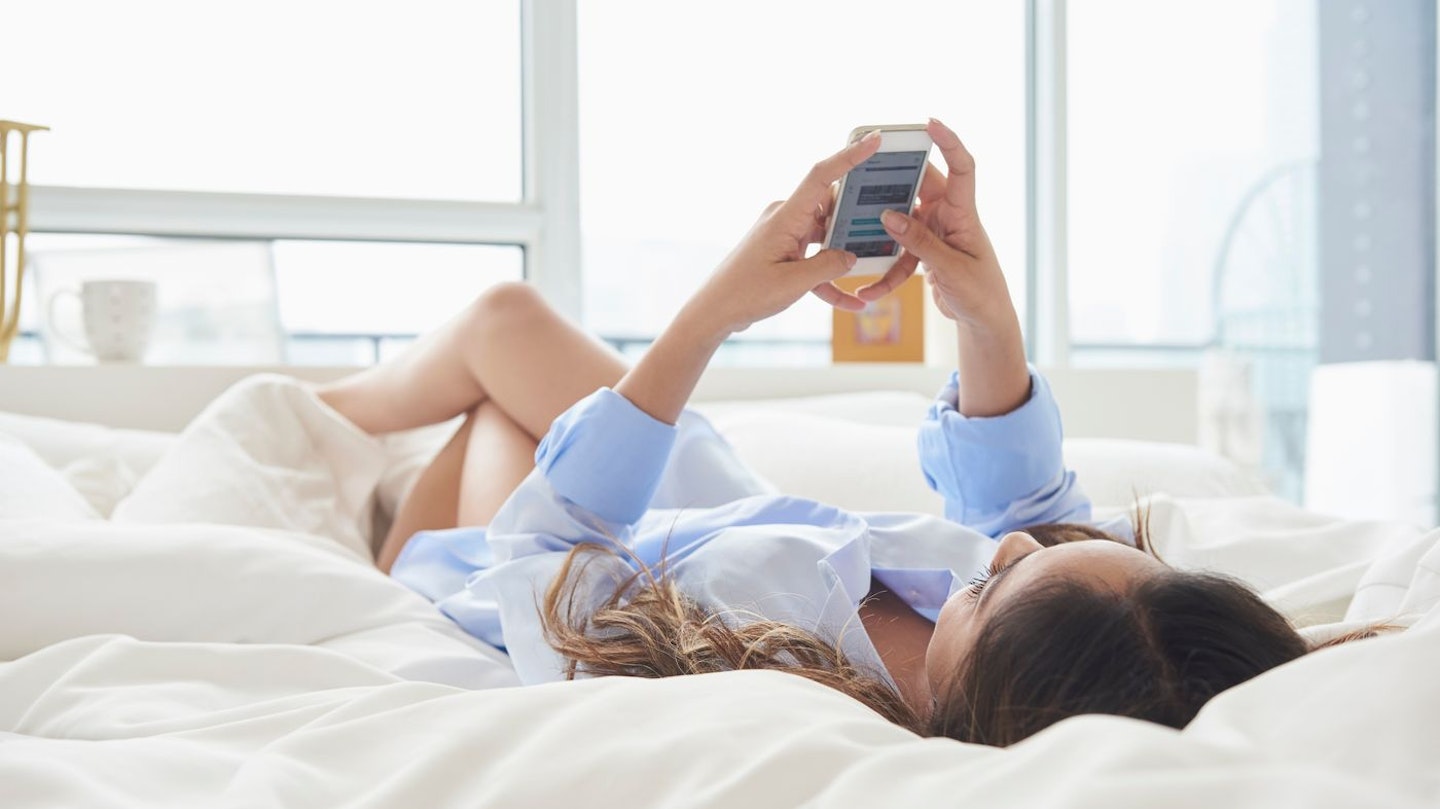 3 of 9
3 of 9Love Lockdown? Not According To Tinder
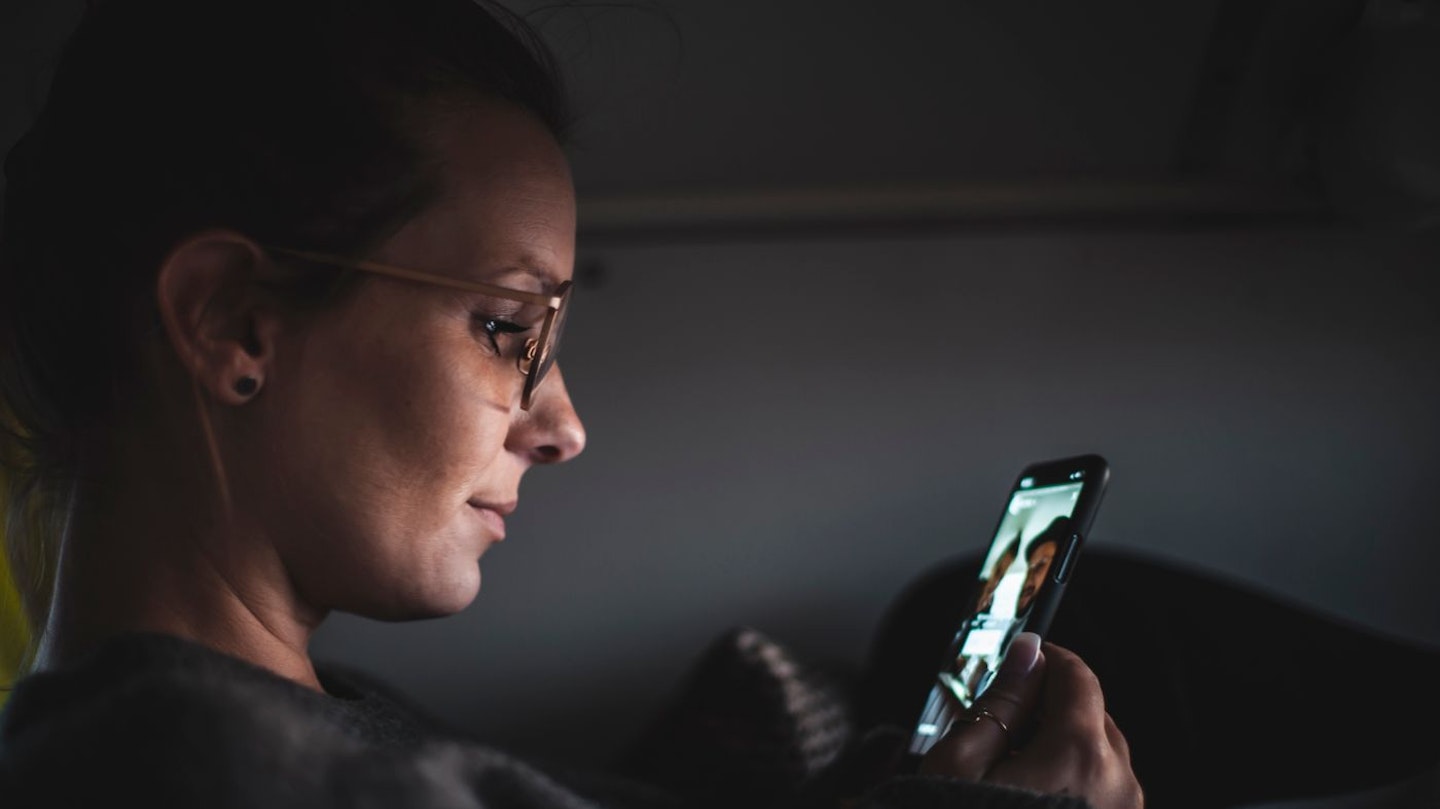 4 of 9
4 of 9What It’s Like To Break Up With Someone Over Zoom?
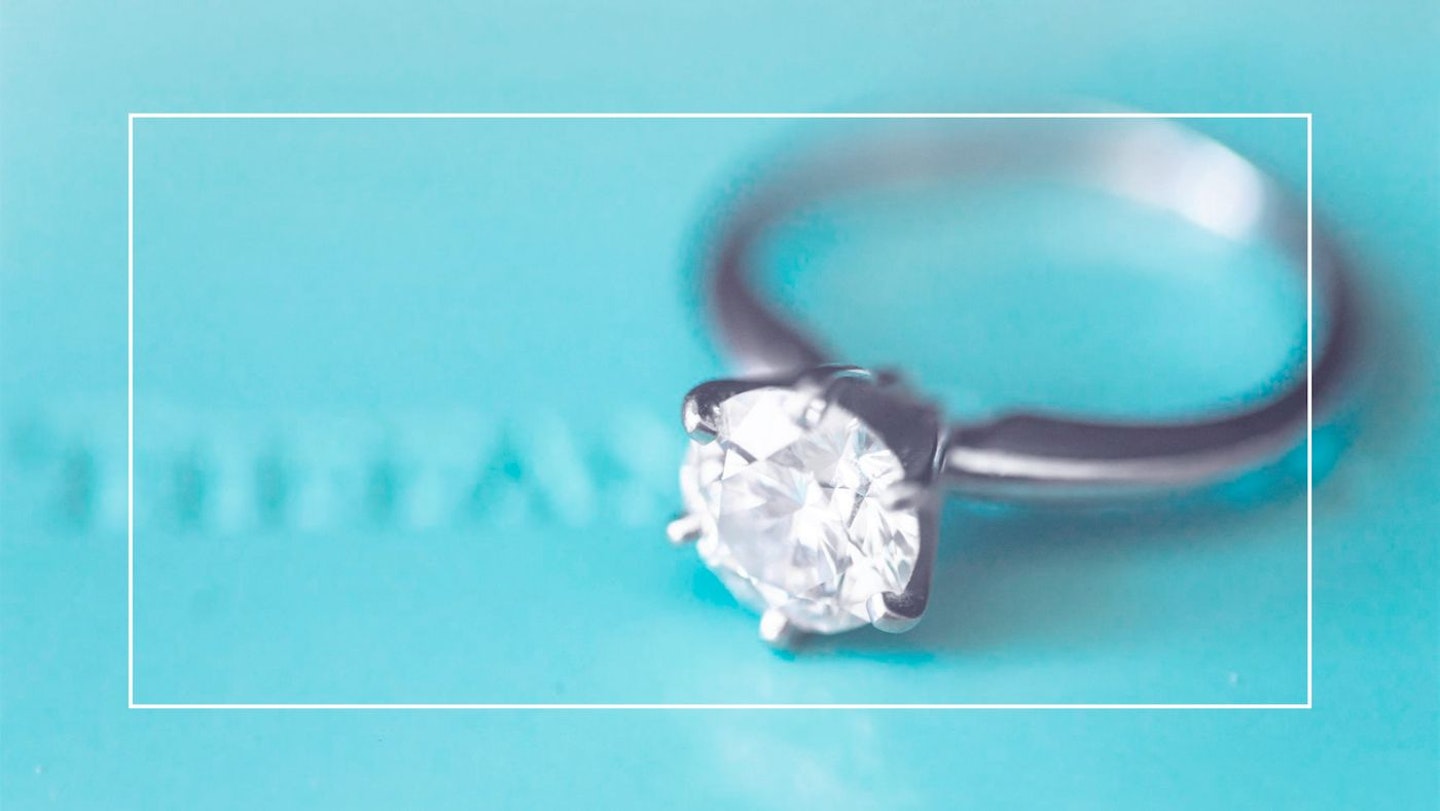 5 of 9
5 of 9‘I Didn’t Think I Could Actually Feel Happy In This Shit Show Of A Year...’ How It Feels To Get Engaged In Lockdown
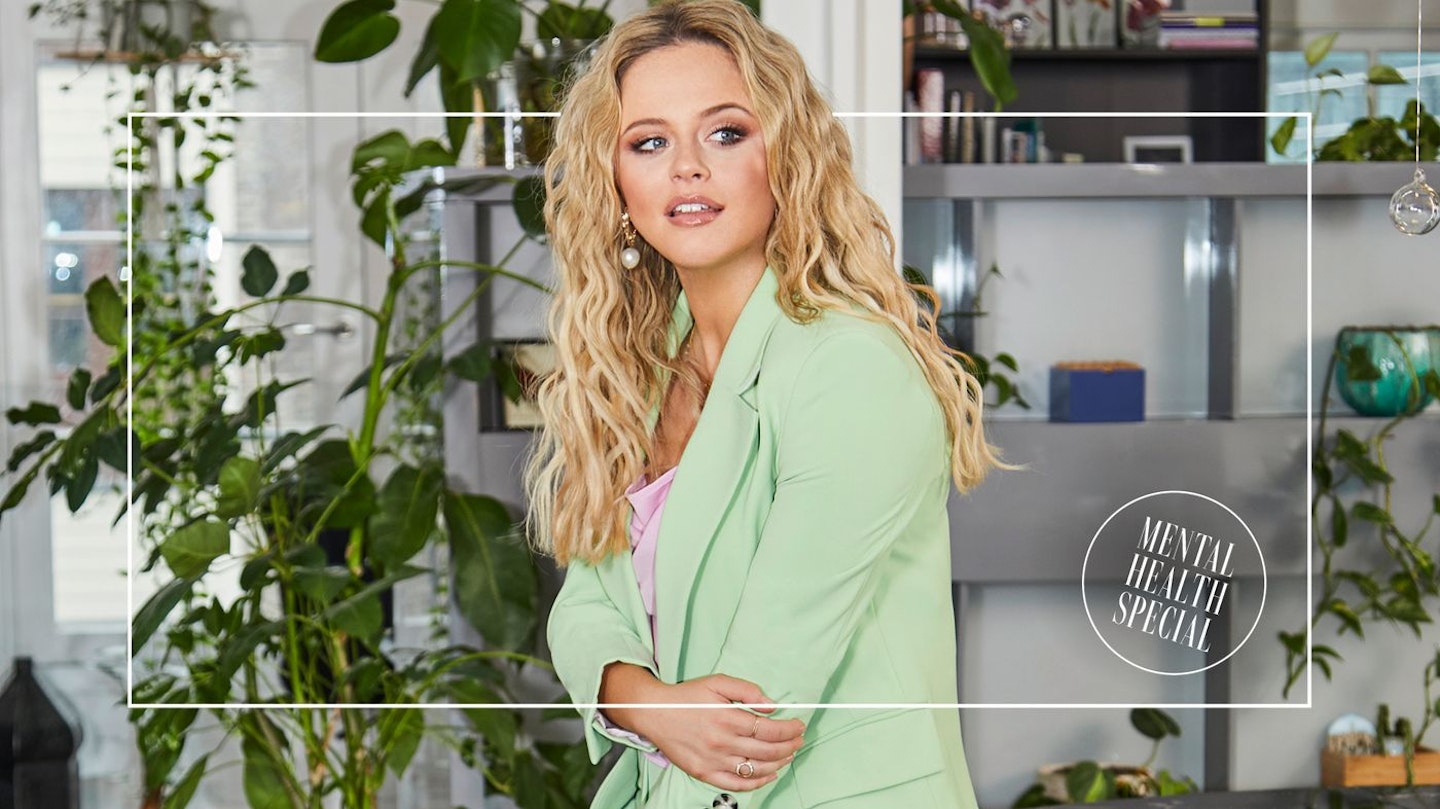 6 of 9
6 of 9Emily Atack: Isolating When You're Single
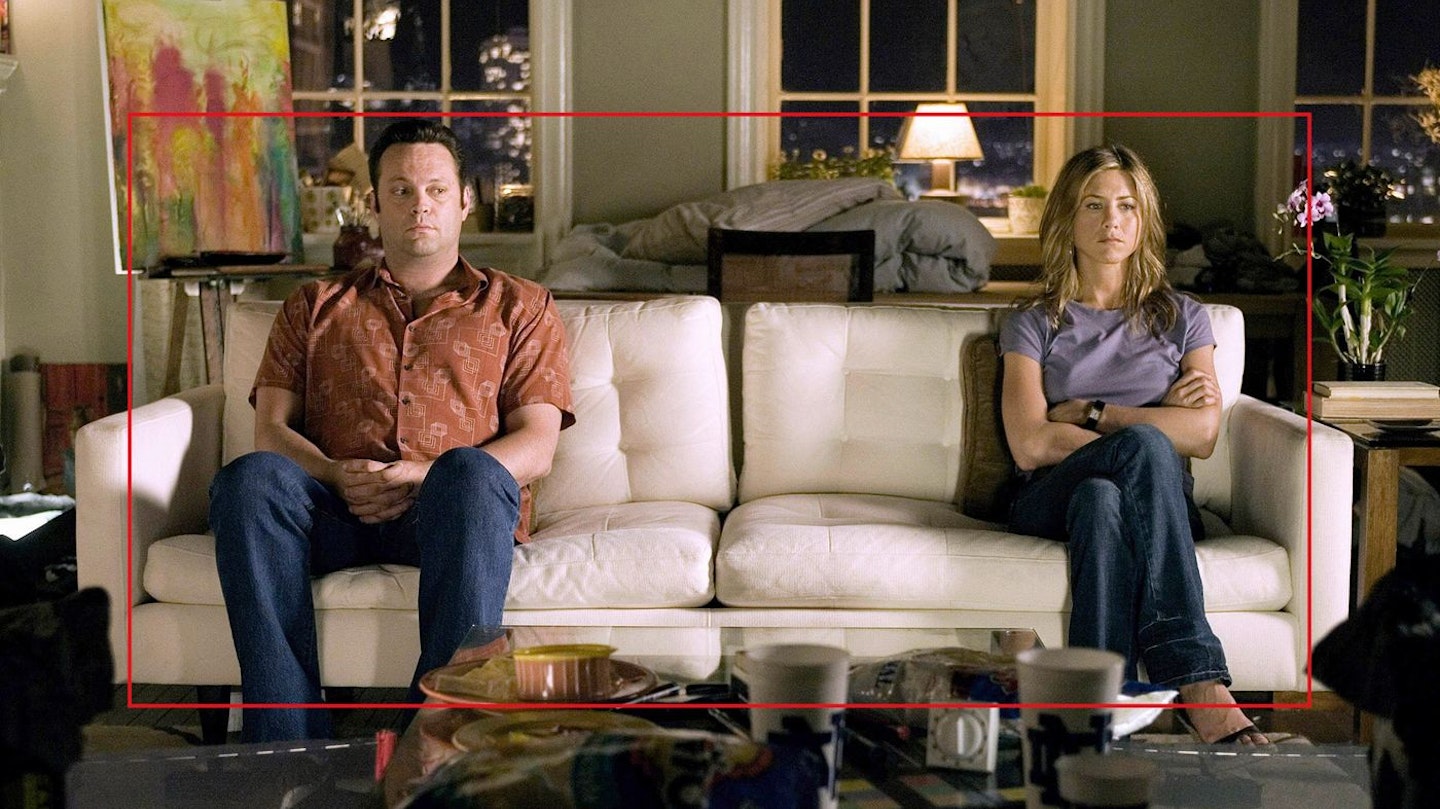 7 of 9
7 of 9The Real Reason Your Ex Is Back In Touch
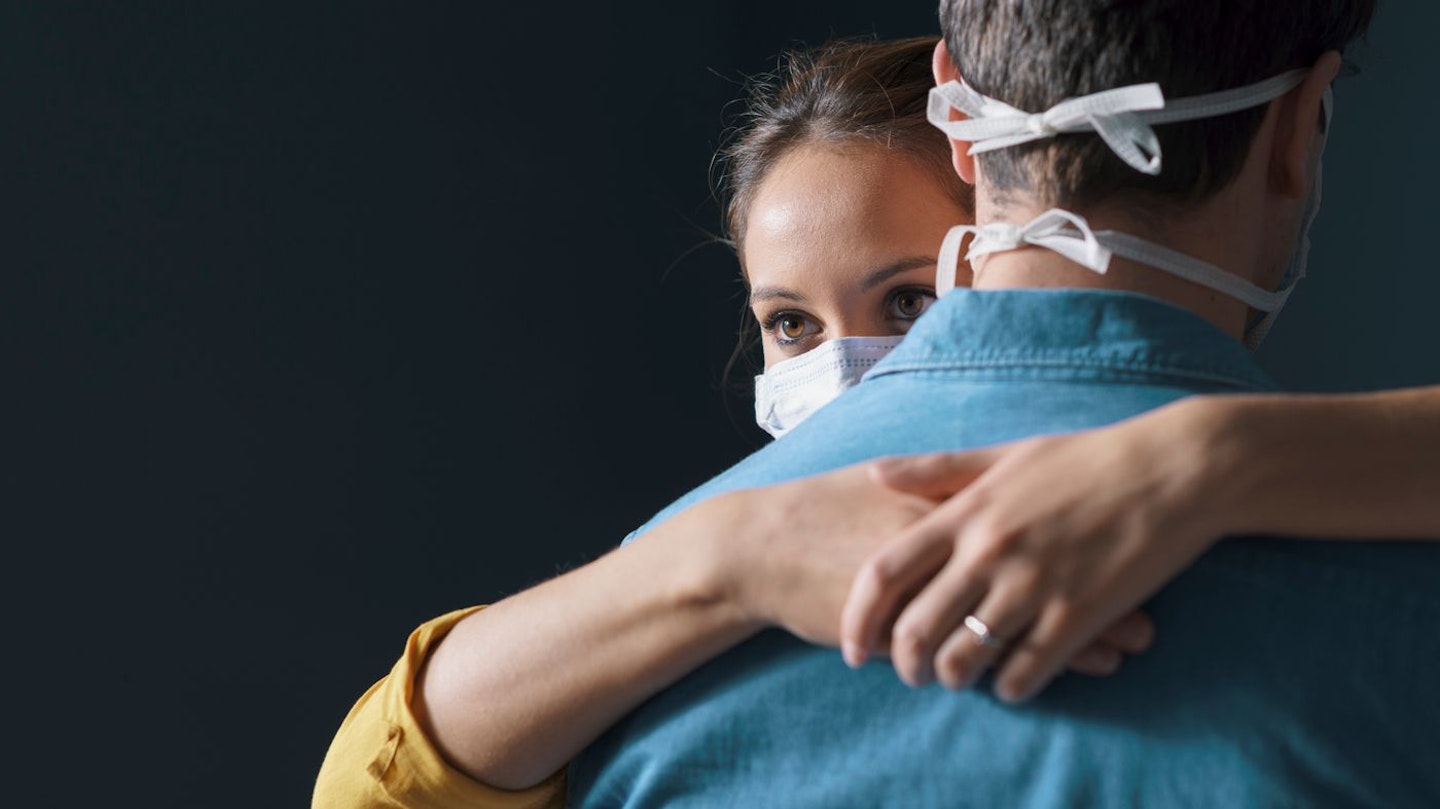 8 of 9
8 of 9Are People Really Having So Much More Sex There'll Be A Lockdown Baby Boom?
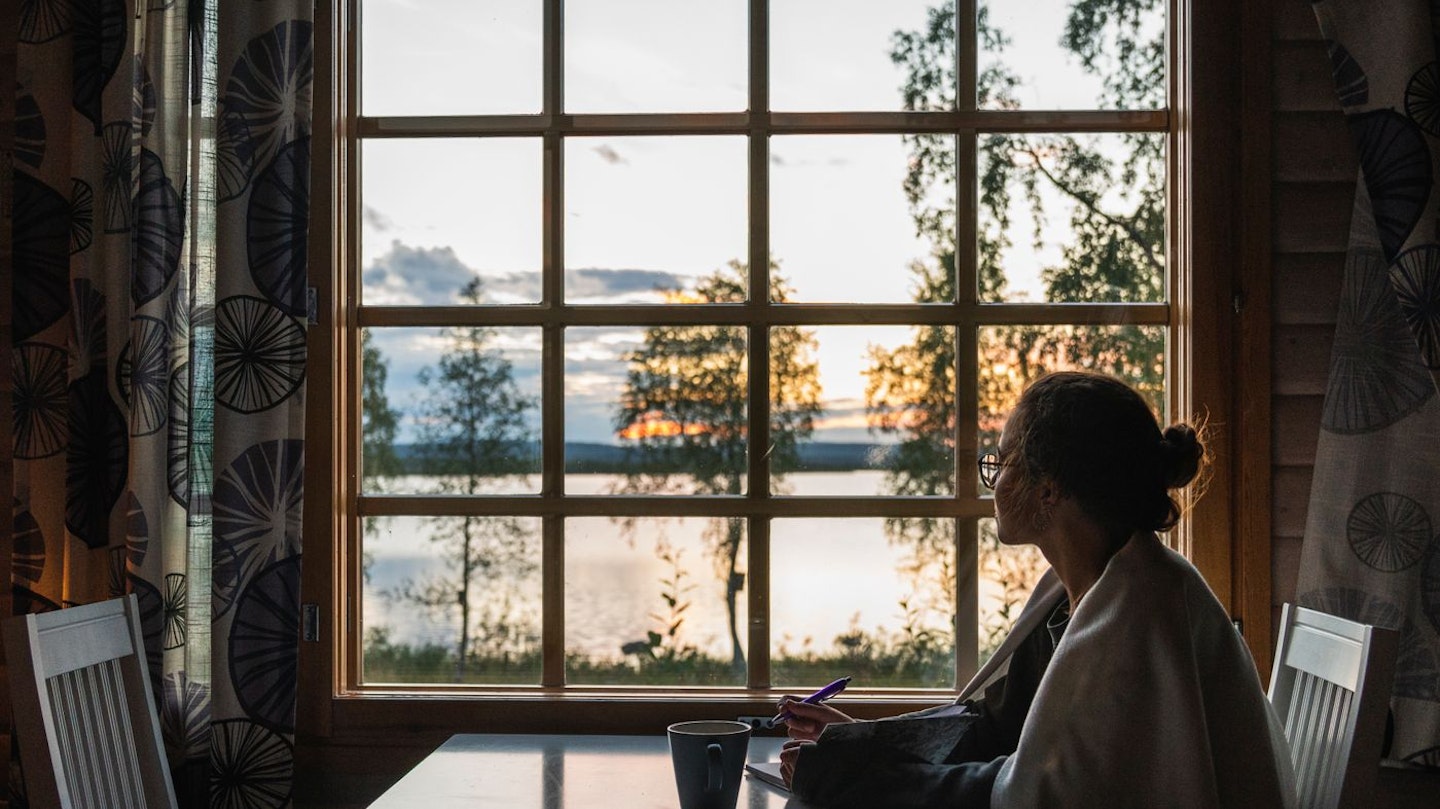 9 of 9
9 of 9